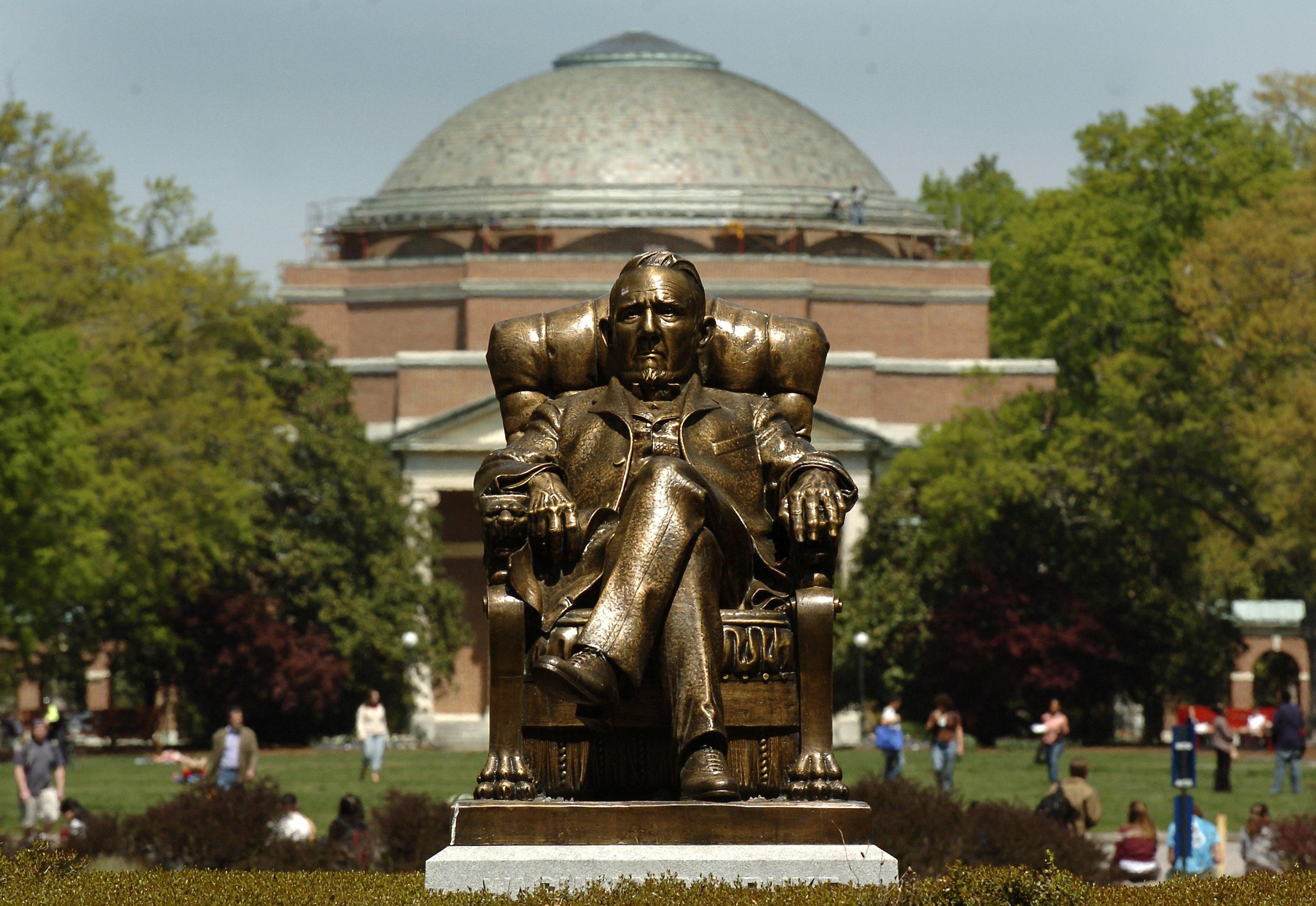
Source: Sara D. Davis / Getty
Duke University recently stirred controversy by announcing the termination of full-ride scholarships specifically designated for black students. This decision, influenced by affirmative action rulings, has reignited conversations on diversity, equity, and accessibility in higher education.
The discontinuation of these scholarships marks a significant shift from Duke’s previous inclusivity efforts. These scholarships played a vital role in supporting deserving black students, addressing systemic barriers, and fostering a more diverse student body.
Amid legal challenges to affirmative action, including a recent Supreme Court ruling, critics see Duke’s move as part of a broader trend where institutions scale back diversity initiatives under legal and political pressures.
Advocates for affirmative action stress the importance of targeted support for underrepresented minority students. Eliminating these scholarships risks perpetuating educational disparities and undermining efforts to address historical inequities.
Critics argue that Duke’s decision raises doubts about its commitment to diversity and inclusion, potentially eroding trust within the black community and alienating prospective students seeking representation and support.
In response, advocacy groups and student organizations are urging transparency, dialogue, and concrete actions to tackle racial disparities in higher education. These calls for accountability reflect a broader demand for social justice and institutional transparency.
Duke now faces increased pressure to revisit its stance on scholarships for black students and reassert its dedication to diversity and inclusion. This decision has sparked essential discussions on affirmative action, systemic racism, and the role of educational institutions in fostering equity and inclusivity.
The complexity of higher education policies, influenced by legal, political, and social factors, underscores the ongoing need for proactive measures to promote diversity and address racial inequalities. Collaborative efforts, engagement, and advocacy are crucial for universities like Duke to create a truly inclusive and equitable educational environment for all students.

















